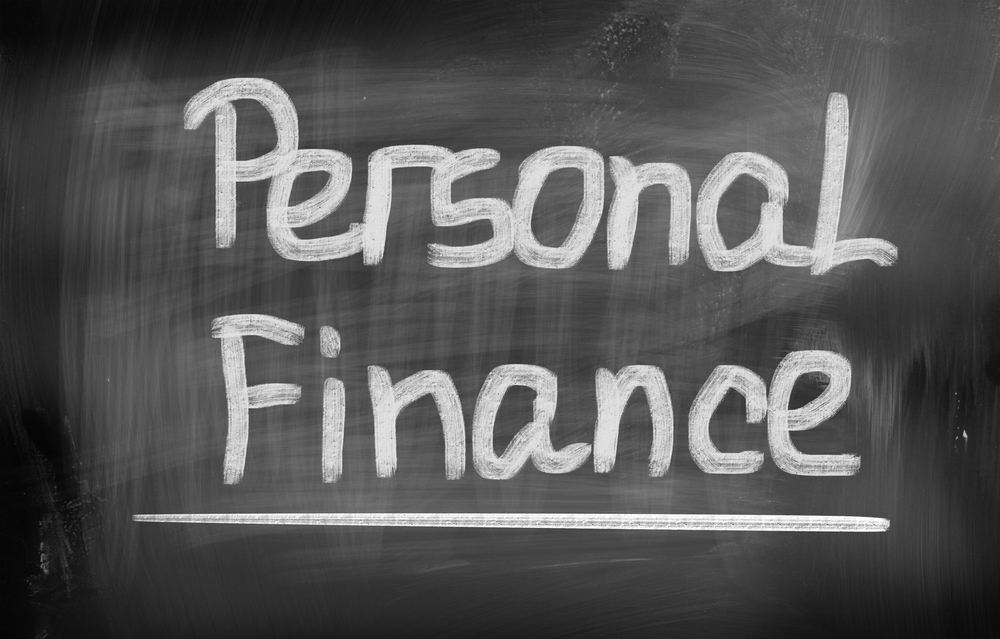
Falling into debt isn’t something anyone plans for. More often than not, it happens due to circumstances out of our control. Debts can often accrue without your direct knowledge until one day, you find yourself staring up from under a bucketload of them with no clear way out.
With bills continuing to rack up and responsibilities increasing by the day, it’s tough for most people to commit enough resources to get rid of their personal debt. Like the ongoing COVID-19 pandemic, natural disasters make it even more challenging to earn, with many people fearing that their debts might spiral out of control.
In times like this, there are two legal options you may have to consider. In this article, we look at both of them in detail and offer some tips to help your decision-making.
Sequestration
Sequestration is a kind of insolvency that’s only available in Scotland. It’s similar to the bankruptcy filings that are obtainable in other parts of the world. In sequestration, a trustee gets control of your assets and uses them to make payments to your creditors. Typically, your trustee will sell off your most valuable asset, which may be your car or your home, to pay off your creditors.
Individuals with debts above £3000 can file for sequestration. However, if your debt tops £10000, your creditors can also take the initiative to do so on your behalf.
Applying for sequestration means you’ll be declared bankrupt. Once that’s done, a trustee is assigned to you to calculate the worth of your assets, income, and expenditure, so that they can release cash to your creditors.
Advantages of sequestration include:
- Helps you get rid of stubborn unsecured debt like credit card debt, as they will be included in your sequestration
- You won’t have to deal with creditors once your application for sequestration has been completed. You won’t have to make payments to them, either, as all payments now go through your trustee.
- Debts included in sequestration are usually written off after a year.
- Helps you start building your credit and finances faster
Disadvantages of sequestration include:
- You’ll likely end up losing some assets during the process. However, assets required for your daily living should be left untouched.
- Like every other kind of bankruptcy, sequestration has an impact on your credit rating and may continue to do so for up to six years.
Trust Deeds
Trust deeds are a solution that involves agreeing to make affordable payments over four years. After the four-year period, any debt left is typically written off. Trust deeds involve consolidating all your unsecured loans into one low-payment loan that allows you to live easier.
This solution is a great way to ensure financial stability, especially for people who have a steady stream of income.
Trust deeds are typically administered by a licensed insolvency practitioner who acts as your trustee and handles negotiations on your behalf. Interestingly, not all your creditors have to accept the terms of your trust deed. As long as creditors representing 66% or more of the value of your debt accept the terms, you’re good to go.
Advantages of trust deeds are:
- It helps you consolidate your loans into a single, low-payment loan, which is better for paying off.
- You don’t run the risk of losing any of your properties.
- Requires no extra fee to set up. Your trustee’s fees are included in your monthly payments.
- You’re the only one capable of filing for a trust deed. Your creditors can’t impose a trust deed on you.
- The payments are typically flexible and will vary based on your income.
Disadvantages of trust deeds are:
- Involves four years of payments to your trustee, who will then redistribute to your creditors
- Has an impact on your credit rating for the duration of the deed
Which to Choose: Sequestration or Trust Deeds?
Choosing one of either debt options to manage your situation is never really straightforward. Both options are bitter pills to be swallowed as they have their disadvantages, and you have to weigh them properly. Here are steps to help you get more perspective on your decision-making:
- Look at your debt level: Depending on your debt level, you may have access to only one option. If your debt is above £3000, but below £5000, you won’t be able to apply for a trust deed. In that case, sequestration is your best option.
- Calculate how much you can pay upfront: In a case where you’re so deep in debt that you can’t afford to pay to get your process started, then you should look at getting a trust deed. Trust deeds are usually free to register for, while sequestration will cost at least £200 to register.
- Talk to a professional: The person best poised to give you advice on your solution is a legal representative. Talk to a solicitor before making any decision on your debt situation. Although it may cost some money, whatever you spend on consulting will be worth it in the end, as you’ll be better informed and more confident with your decision going forward. It will also potentially save you time, money, and the agony associated with choosing the wrong vehicle for settling your debts.
If you’re cash-strapped and can’t afford a solicitor, some organizations offer simple online tests to let you know what you qualify for. You can visit the website for more details.
Conclusion
Getting rid of debt often involves careful planning and a lot of measured steps. It can’t be done in one day, so you have to pick an option that makes your life easier in the long run. Whether you decide to go with sequestering or trust deeds, both options will involve biting the proverbial bullet.
It’s important to note that not all unsecured personal loans can be included in a trust deed or sequestration. Most importantly, student loans can’t be written off in either case.